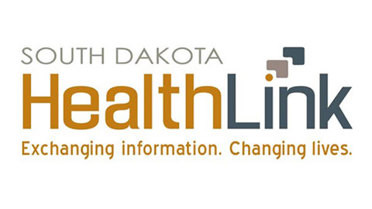South Dakota Health Link is a comprehensive program developed in South Dakota with the primary goal of revolutionizing healthcare delivery by facilitating the secure exchange of electronic health information among healthcare providers and organizations across the state. The program aims to enhance care coordination, improve patient outcomes, and streamline healthcare processes through the seamless sharing of vital patient data.
By establishing a secure and interoperable health information exchange (HIE) network, South Dakota Health Link connects hospitals, clinics, pharmacies, laboratories, and other healthcare entities. This network enables authorized healthcare professionals to access and exchange critical patient information such as medical records, test results, allergies, medications, and treatment histories. The electronic exchange of information eliminates the reliance on traditional paper-based records and significantly reduces errors, delays, and duplications in healthcare delivery.
South Dakota Health Link benefits both healthcare providers and patients. For providers, it offers quick access to comprehensive patient data, enabling them to make well-informed clinical decisions, enhance care coordination, and improve overall patient management. The program streamlines care transitions and eliminates the need for manual information retrieval, allowing providers to focus more on delivering quality care.
Patients also experience substantial advantages with South Dakota Health Link. They can provide consent for their health information to be securely shared among authorized healthcare providers, ensuring that their complete medical history is readily available during consultations, emergency situations, or when seeking care from different providers. This promotes personalized and well-coordinated care, reduces redundant tests and procedures, and ultimately enhances patient safety and satisfaction.
South Dakota Health Link prioritizes data privacy and security. It adheres to rigorous standards and protocols to safeguard patient health information, ensuring that it remains confidential and protected from unauthorized access. Access to patient data is strictly controlled, and only authorized healthcare professionals with appropriate permissions can retrieve and exchange information within the network.


